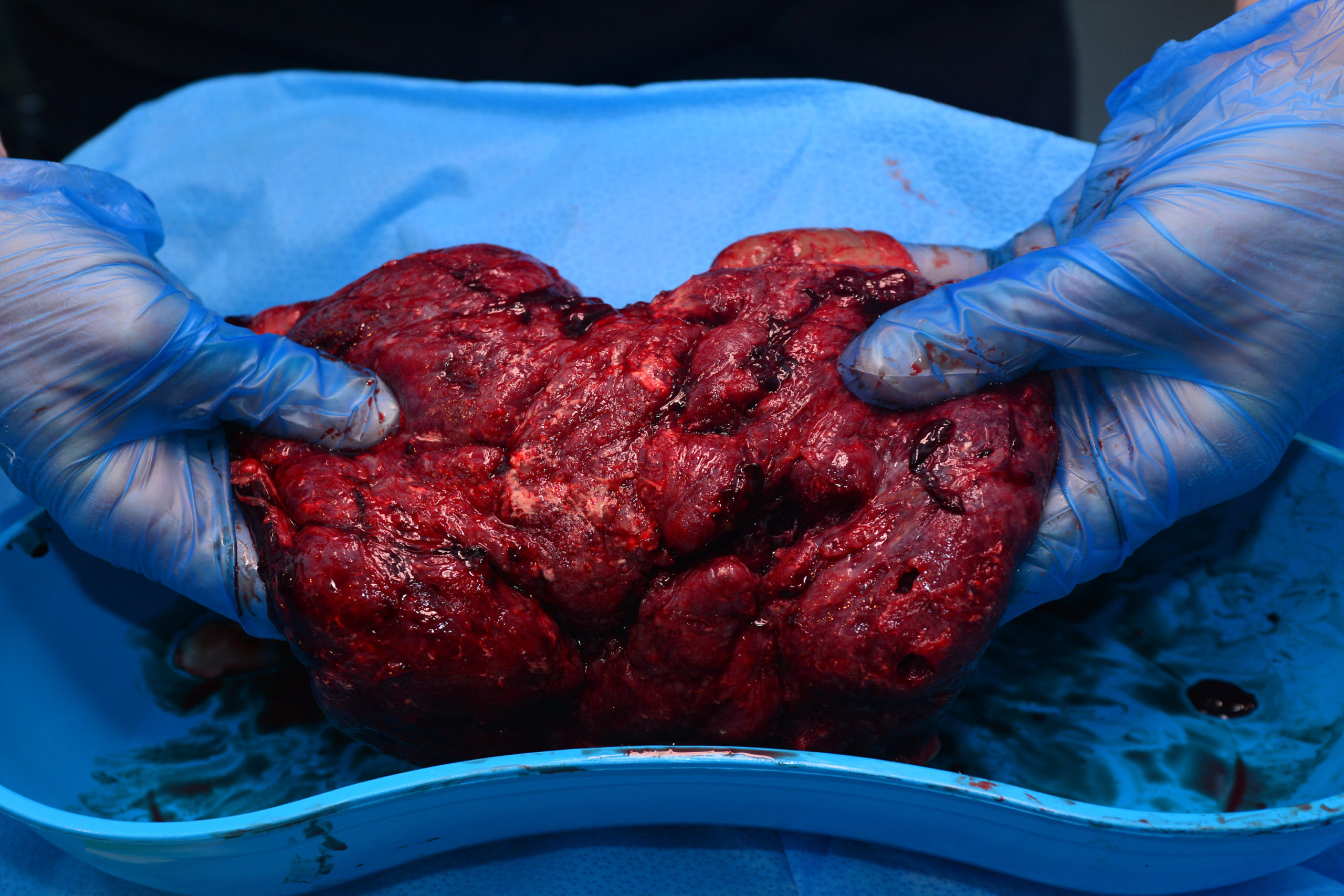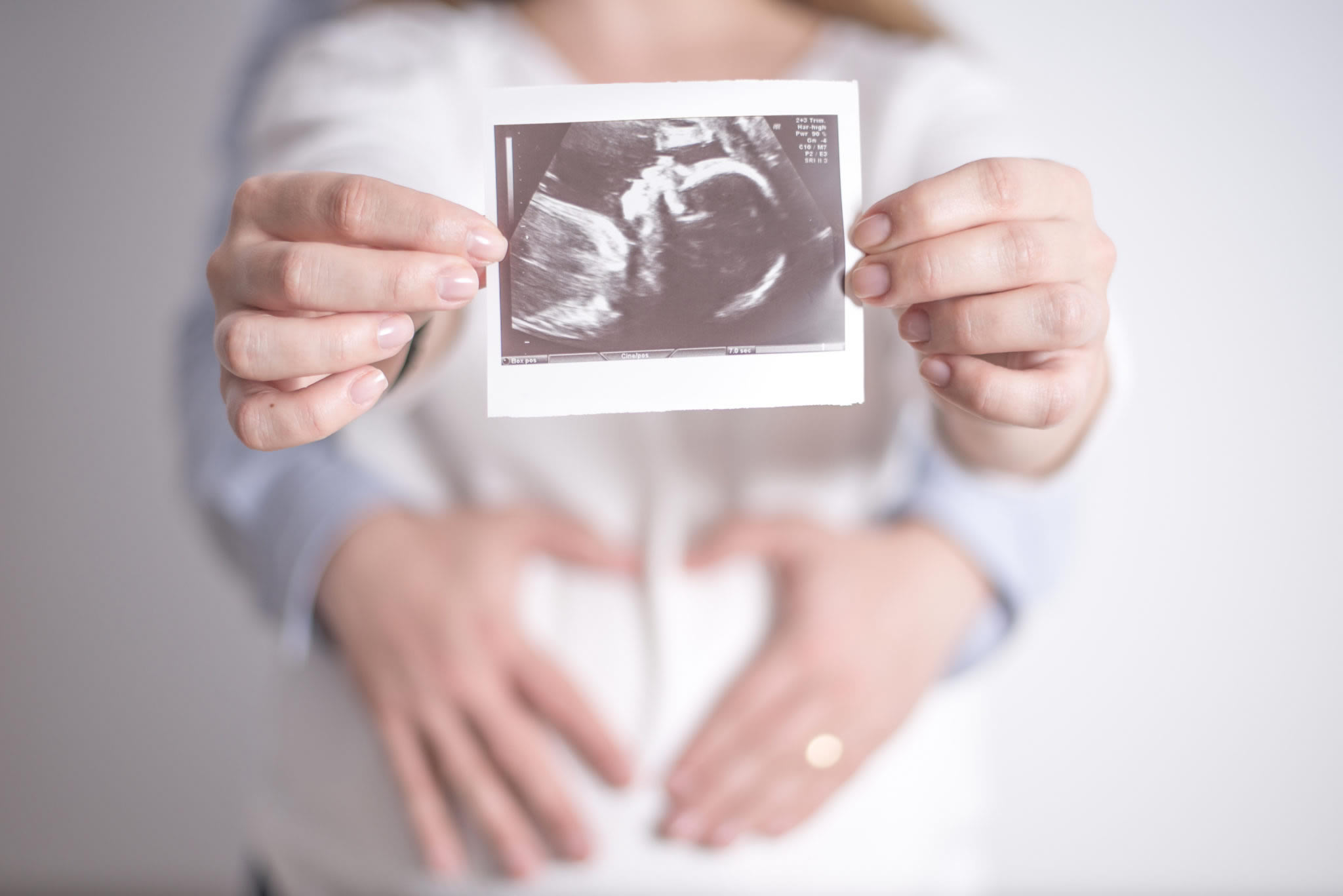If you’re experiencing leg cramps during pregnancy, you’re not alone. These uncomfortable muscle contractions often occur in the second trimester and prompt many expectant mothers to seek remedies. In this article, we explore the causes of pregnancy-related leg cramps and provide proven tips for prevention and relief, helping you navigate your maternity journey with more comfort and fewer disruptions. We delve into the details of why these cramps happen, their effects, and importantly, practical solutions—from maintaining proper mineral balance to emphasizing physical exercise and good hydration. We also discuss the importance of sleep care and potential oral interventions. Remember, consulting with a healthcare provider is crucial, and in some cases, the shared support on social media can offer additional comfort.
Understanding Leg Cramps During Pregnancy
Leg cramps, those sudden, painful muscle contractions, might just catch you off-guard in the middle of the night or during daily activities. While these cramps can occur anywhere in the body, they predominantly affect the legs and are surprisingly common, affecting 30 to 50% of pregnant women multiple times a week, especially in the second trimester.
These cramps can significantly disrupt sleep quality and restrict physical activities and nutrition, impacting expectant mothers’ daily lives. Common during pregnancy, these cramps frequently affect the legs due to an imbalance of minerals like calcium and magnesium. Drinking 2.5 to 3 liters of water daily, engaging in tailored moderate exercise, and ensuring good sleep quality are vital in preventing these cramps.
Hydration’s Role in Preventing Leg Cramps
Water is crucial during pregnancy, not just for overall health but also as a preventive measure against leg cramps. Adequate hydration helps maintain amniotic fluid levels and supports increased blood volume in pregnant women.

Dehydration can trigger micronutrient imbalances and interfere with nerve signals that control muscle contraction, raising the risk of cramps. Proper water intake is essential for preventing these painful episodes.
Beyond alleviating leg cramps, proper hydration plays a crucial role in reducing other discomforts during pregnancy, such as round ligament pain. This common condition among expectant mothers can cause sharp pains or a dull ache in the lower abdomen or groin area. Staying well-hydrated helps maintain the elasticity and health of your body’s tissues, including the ligaments, thus easing the strain and discomfort. For more detailed insights into managing round ligament pain, visit our dedicated page on round ligament pain.
Circulatory Issues and Muscle Overload
Have you ever felt your legs becoming unusually heavy and swollen during pregnancy? This could be a sign of slowed blood circulation, a common issue due to increased blood volume and hormonal changes. The growing baby might also press on nerves and blood vessels, adding to the discomfort and leading to cramps.
Natural weight gain during pregnancy also puts additional strain on leg muscles, leading to fatigue and increasing the likelihood of cramps. Techniques like manual lymphatic drainage can be effective in improving blood circulation and preventing such issues.
Warning Signs: When to Consult Your Obstetrician
While cramps are common and often harmless during pregnancy, there are warning signs that should not be overlooked. If cramps become too frequent and start significantly affecting your quality of life, it’s time to consult your obstetrician.
Symptoms to watch for include severe pain, swelling, redness, or dilated veins, which could indicate deep vein thrombosis, a serious condition requiring immediate medical attention. Regular prenatal monitoring is crucial, especially if you experience frequent, intense cramps.
Immediate Relief Tips for Leg Cramps
When a cramp strikes, immediate relief becomes a priority. Simple techniques like stretching the affected muscles can be highly effective. Standing up and pressing your feet against the floor can help activate the muscles and relieve contraction.
Applying a warm water bag or gently massaging the affected area can also provide comfort and ease the discomfort.
Diet Adjustments to Strengthen Muscles
Eating healthily is vital during pregnancy, but did you know that certain foods can strengthen your muscles and help prevent cramps? Incorporating dark green leafy vegetables, beans, peas, and broccoli into your diet can be beneficial. These foods are rich in folic acid, essential for fetal development and cramp prevention.
Sunflower seeds and nuts are excellent sources of folic acid and vitamin B, and delicious fruits like bananas and strawberries are high in folate, vitamins C, and K, all of which are crucial for muscle health.
The Impact of Sleep on Cramp Frequency
A good night’s sleep is more than just rest—it can also help prevent leg cramps. While research shows varied results, there is a consensus that maintaining a regular sleep schedule can enhance sleep quality and reduce the frequency of muscle contractions.
Creating a calm and comfortable sleeping environment and avoiding electronic devices before bedtime can contribute to more restorative sleep. Pregnant women who get less than six hours of sleep per night may experience more frequent night cramps, highlighting the importance of good sleep hygiene.
Oral Interventions: Supplements and Vitamins
In some cases, despite all preventive measures, cramps may persist. This is where oral interventions like supplements and vitamins can play a crucial role. It’s essential to report frequent cramps to your obstetrician for proper assessment and possibly prescribe supplements like magnesium, known to be effective in preventing these contractions.
However, always consult a healthcare provider before starting any supplements to ensure safety for both you and your baby.
Connecting with Other Expectant Mothers: Support on Social Media
Sometimes, the best therapy is a good conversation. Many expectant mothers find comfort and support by connecting with others experiencing the same challenges on social media. Sharing experiences, practical tips, and emotional support can be incredibly beneficial for managing cramps and other pregnancy challenges. Additionally, using email can facilitate communication and information sharing among pregnant women.
Beyond receiving advice, you can form lasting friendships that extend beyond pregnancy.



